
'Pope Francis likes Colombian coffee' (and other curious facts...)
With the countdown for his 48-hour visit to the city already started, AL DÍA News spoke with Alejandro Bermúdez — a Peruvian journalist specializing in…
There are only a few weeks left before what has been referred to as (at least for now) the visit of the century for the City of Brotherly Love: Pope Francis’ first visit to the United States, with a stop in Philly, which is the venue for the World Meeting of Families.
With the countdown for his 48-hour visit to the city already started, AL DÍA News spoke with Alejandro Bermúdez — a Peruvian journalist specializing in coverage of the Catholic Church and the current director of the news agency ACI Prensa — who knows Pope Francis quite well.
They first met many years ago, before the famous white smoke announced his appointment as the maximum authority of the Catholic Church, when he was ‘simply’ Jorge Mario Bergoglio, Archbishop of Buenos Aires.
“I first met him in Buenos Aires, when a few religious friends of mine went to visit him and included me among the visitors,” Bermúdez said. Despite “being familiarized with Bergoglio through his texts, his documents…,“ Bermúdez was struck by “how incredibly warm and informal and easy-going he was.”
This was the first of many meetings with the future pope, including an interview, which was especially significant since, Bermúdez assures, “he (Bergoglio) was always quite reticent about talking with journalists when he was Archbishop — though you may not believe this — and for him to grant me a very brief interview was very unusual. As Pope, in the short time that he has held this position, he has provided many more interviews than those he offered while he was the Archbishop of Buenos Aires. That is one of the great changes that has been observed regarding his personality.”

Pope Francis’ warmth and extroverted attitude have become his main strong points; especially when compared to his two immediate predecessors, Benedict XVI and John Paul II, with whom Bermúdez also was in contact, though not as frequently. “I believe that (what differentiates Pope Francis from the rest) is the totally casual aspect of this personality; in other words, he makes no distinction between who he is and his function. The way he talks with the people he meets, even the way in which we have seen him address the masses. It is like the familiarity of the parish priest, the town pastor, who knows each person and personally addresses them by name… And this makes him tremendously warm and makes people quickly feel at ease and at home (with him).”
Bermúdez, was part of the live coverage of the announcement of the then-Archbishop of Buenos Aires’ election as Pope. In addition to noting the surprise of his Anglo Saxon peers (Jorge Mario Bergoglio was not only not absent from the betting pools but was completely unknown to a great majority), Bermúdez said his own emotions upon hearing the news of the Pope’s selection were mixed. “I felt a bit sad for him because I knew he was planning on retiring; he had already chosen the priests’ residence where he was going to retire and had presented his resignation as the Archbishop of Buenos Aires. But I immediately felt an enormous joy for the Church because I know him and know the zeal and dedication with which he does things and that made me very, very happy,” Bermúdez said.
The impact of the first Latin American pope
One of the things Bermúdez will not minimize is the great impact the election of the first Latin American pope has had in his native continent. “For Latin America, Pope Francis has been a breath of fresh air and enthusiasm. Catholicism in Latin America has shown signs of fatigue, disenchantment and disillusionment. And it seems to me that a Latin American pope brings that breath of fresh air to all Latin American nations as nations, because they know they have someone at the Vatican who speaks for them and in some way has the responsibility of representing the continent.”
Will the same thing happen in the Northern part of the continent, where the most recent polls show a decline in Pope Francis’ popularity in the U.S.?
According to Bermúdez, “The over-the-top enthusiasm for the Pope was above all a phenomenon of the media. He has disconcerted the North American media with his statements, his press conferences on the plane, etc… And we saw how quickly Time magazine made him the Man of the Year, Harvard Business Review was giving him a disruptive innovation award. In other words, I believe the enthusiasm was a bit exaggerated.”
“The interesting thing about that survey,” Bermúdez added, “is that it shows that the popularity the Pope have returned to the levels they were when he was initially elected. That figure seems normal to me; the other figure corresponding to the previous period seems like an artificial figure because the Pope continues to be the head of an entity that does not win any popularity contests — because it is the Catholic Church. At the end of the day, it is impossible for the enthusiasm for the Pope to be very different from the enthusiasm that exists for the Church. They will always share the same plusses and minuses.”
“I believe that for the United States his refreshing style will have a similar effect on the public as it did on the press, one of surprise and enthusiasm (I believe he’ll create a lot of enthusiasm) and I believe he will also place Latinos in a very central role,” Bermúdez said.

"President Barack Obama with Pope Francis at the Vatican, March 27, 2014" by Official White House Photo by Pete Souza.
Language: A barrier?
The language to be chosen by the Pope to address the crowds that gather to see him is one of the great unknowns of his visit to the United States. He is more comfortable addressing people in his native language (Spanish), but in a country with an ever increasing percentage of Spanish speakers that may not present a problem.
“When he is warming up, he will have to speak in English, as he did in the Philippines,” Bermúdez said. “He can read English and so will likely stick to the texts (written in that language). In the formal meetings, at the U.N., he will probably also stick to the text, at the White House, at Congress… But I believe that in Philly things are going to change and am inclined to think (I don’t dare predict) that he will end up with the same solution as on other occasions — when he has trusted in his translator to freely say what he wishes while it is simultaneously translated, and in this way he’ll be more at ease saying what he feels he must say at the moment and reach the people he wants to reach.”
Security versus closeness
The great security measures that this requires also threatens to limit the Pope’s ability to be among the people, which has been a trademark of his visits to other countries. Despite this, all bets are off once the Pope arrives.
“I believe that he will ignore the protocol. I think it will be a nightmare for the secret services. I covered Pope Benedict’s visit to the U.S. and I remember all the security measures. Once the Pope in in the Popemobile, he is in control of his security. He says stop here and I am going to get out and meet with this group,” Bermúdez explained. “In the end, it is he who will make the decisions and that’s why I am saying that the security won’t say to him ‘you cannot go near that group.’ And we know that when he finds a group that catches his attention, he stops.”
Bermúdez added that “In this trip to Latin America (to Ecuador, Bolivia and Paraguay) it was interesting to see the shrewdness of the faithful who either dressed the children as the Pope or placed those who were more frail or ill in front, in different groups, to attract the attention of the Pope and they were successful and I believe the same thing will occur here in the US.”

Curiosities about the Pope
On a personal note, Bermúdez divulged some of of the Pope’s well-known and lesser-known preferences. “He likes Colombian coffee more than mate and I know that Argentinians won’t like this. He likes mate, but he likes Colombian coffee more.”
“On the other hand, he is as casual as he appears when he approaches people during the Angelus and asks them to repeat phrases, like a parish priest would do. It is his true personality. He is like that when he meets with small groups but if there is something that I would highlight about that which is not well known it is his preference for a life a prayer in the middle of his activities.”
Bermúdez also talked about the Pope’s reception ritual. “He still likes to make many decisions on his own; he has not learned to move with assistance in his midst at the Vatican. When he personally receives someone – and I have various friends that have personally met with him — he, for example, likes to receive things himself and not have his assistant receive them…He does all these things himself, he opens the door, he closes the door… they may seem like very simple things but for someone such as the Pope, who — we mustn’t forget — is a head of state, this is generally unusual.”
“He has completely changed the way things operate, not only because he has chosen to live at Santa Marta instead of the Apostolic Palace, but because in the day to day life at Santa Marta there is no room for pomposity and circumstance and he continues to go on, making
decisions, moving about inside the building, going to the kitchen for coffee or mate or a snack. He continues making these decisions as freely as he did in Buenos Aires, where he usually cooked. This Pope, as the Americans say, is “the real deal”; in other words, what we see is what we get.”


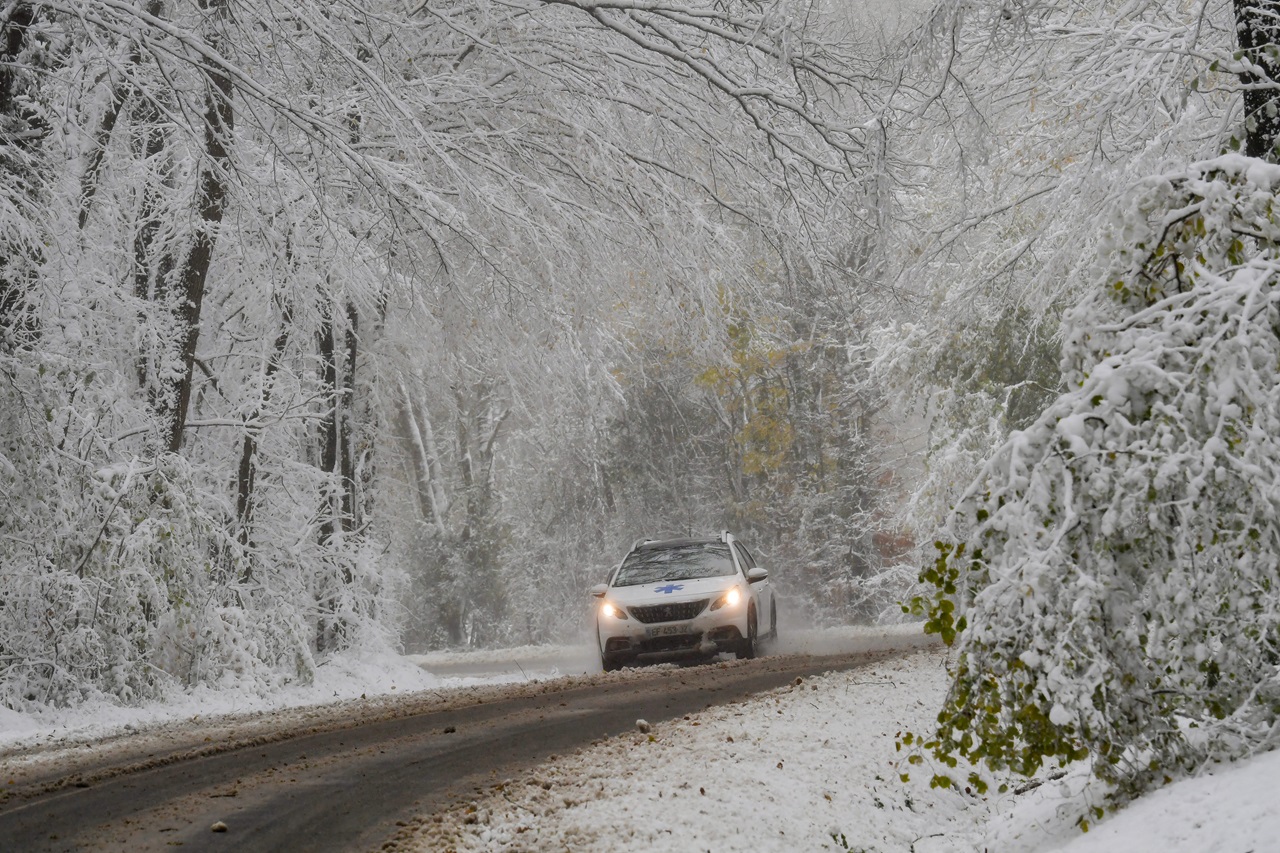
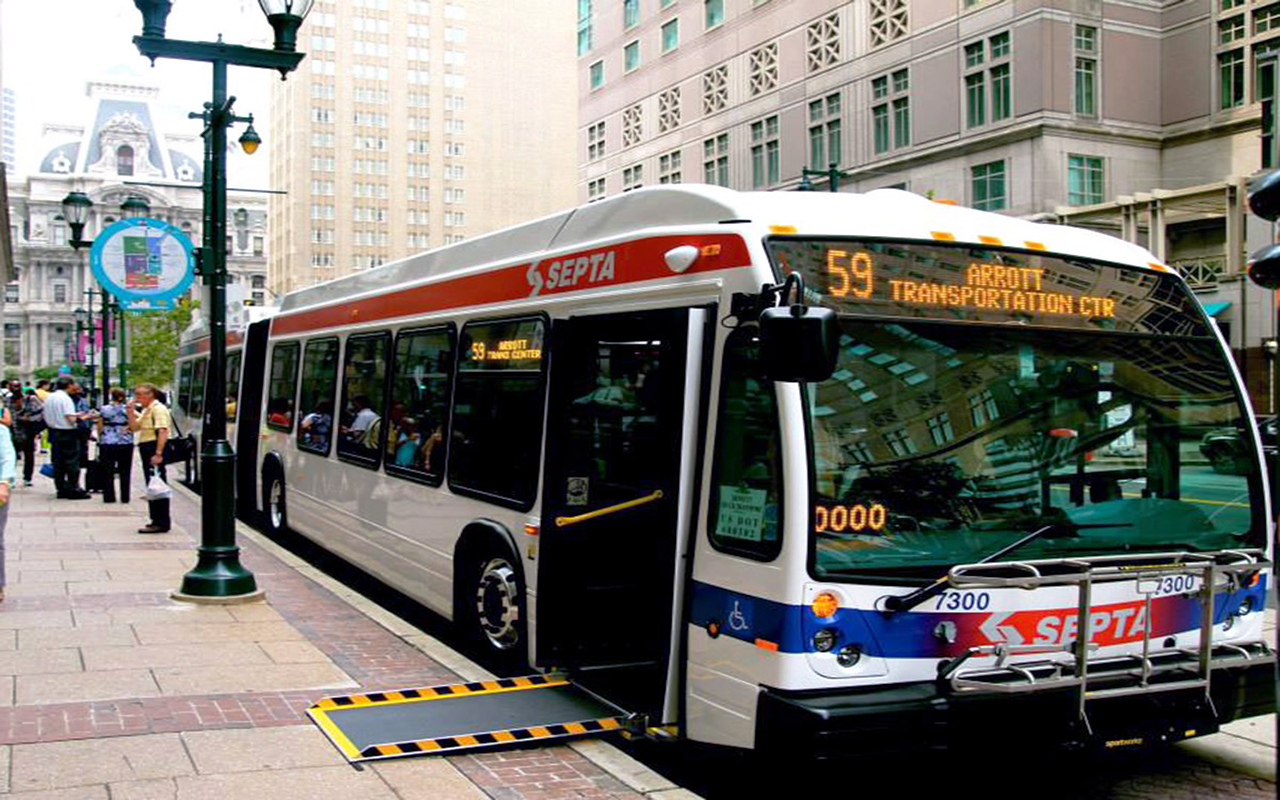
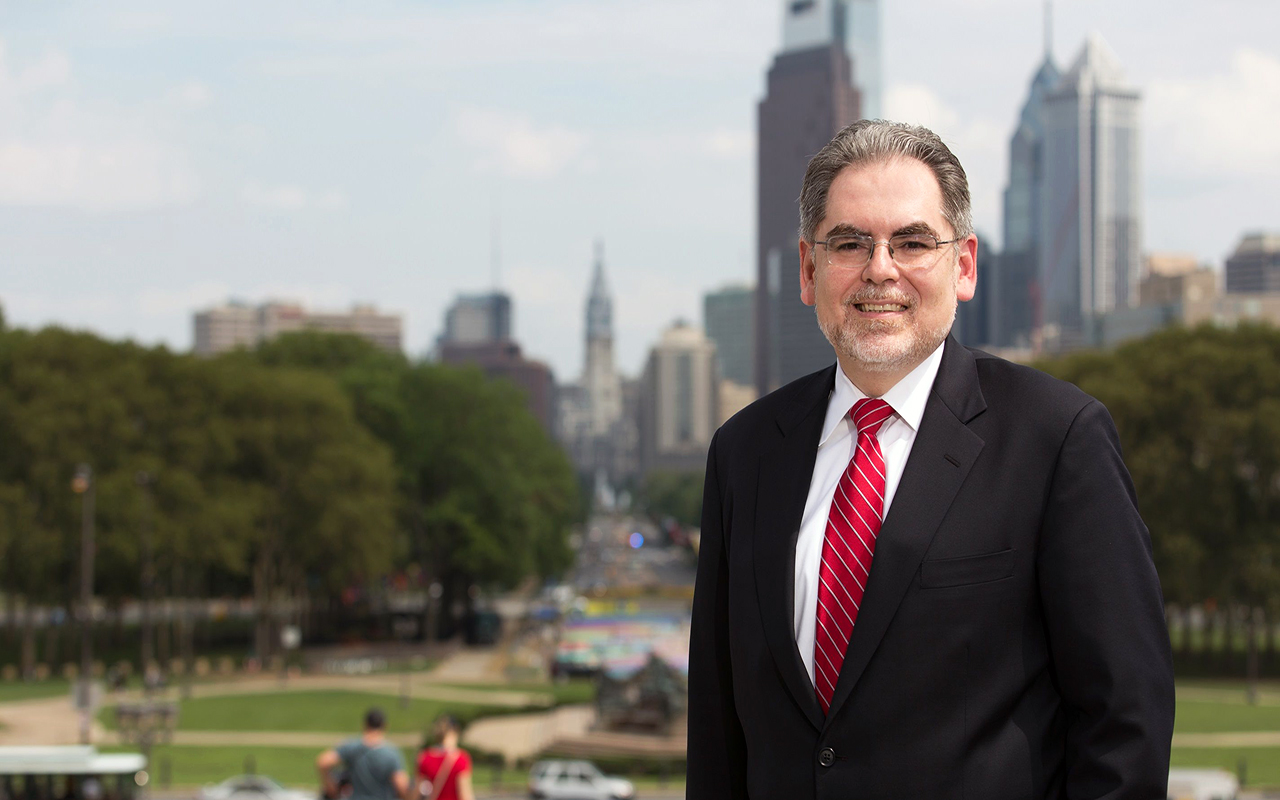
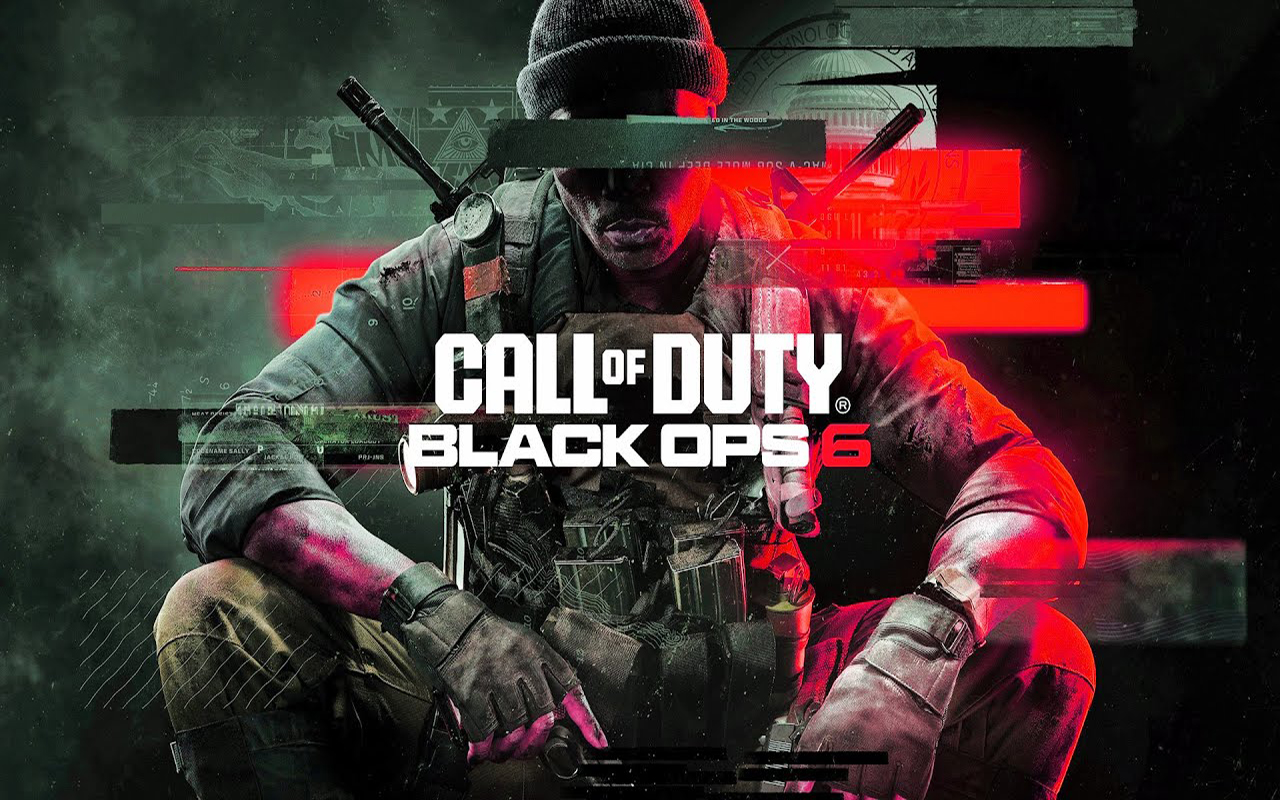
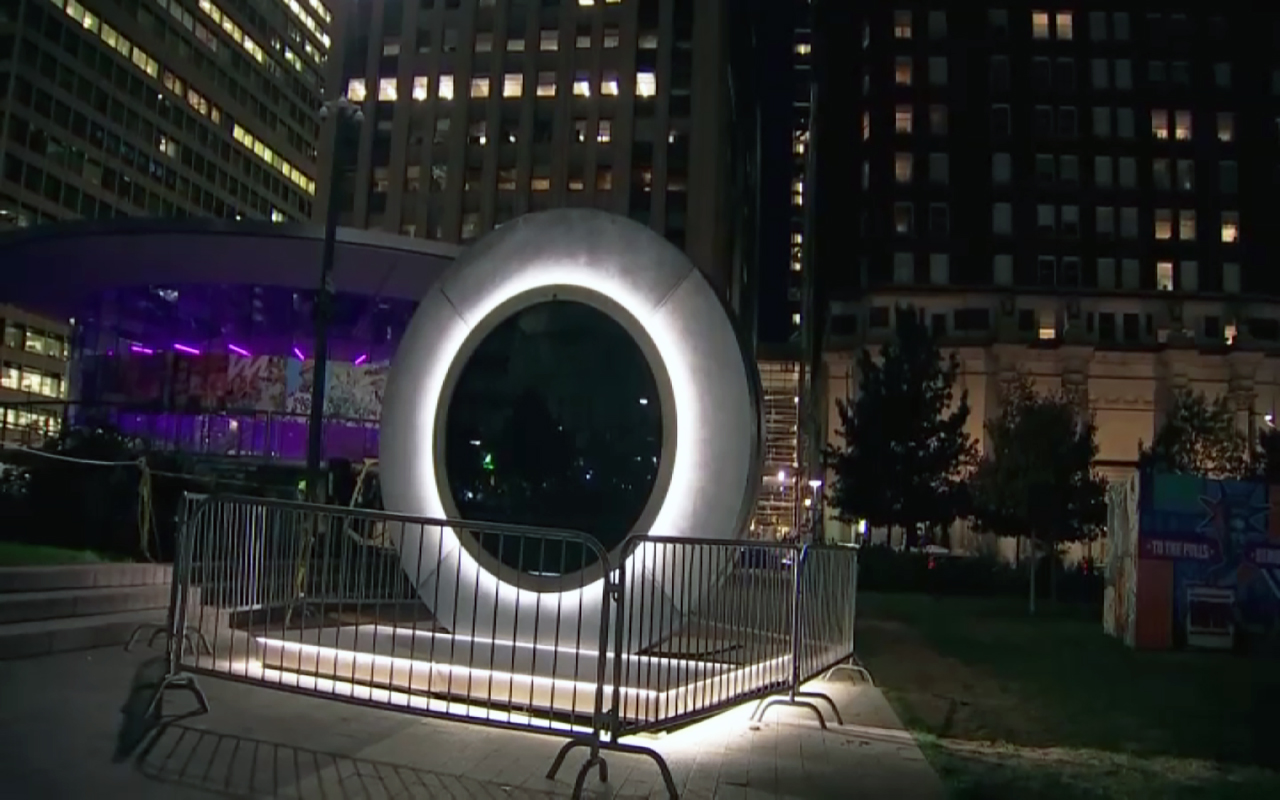
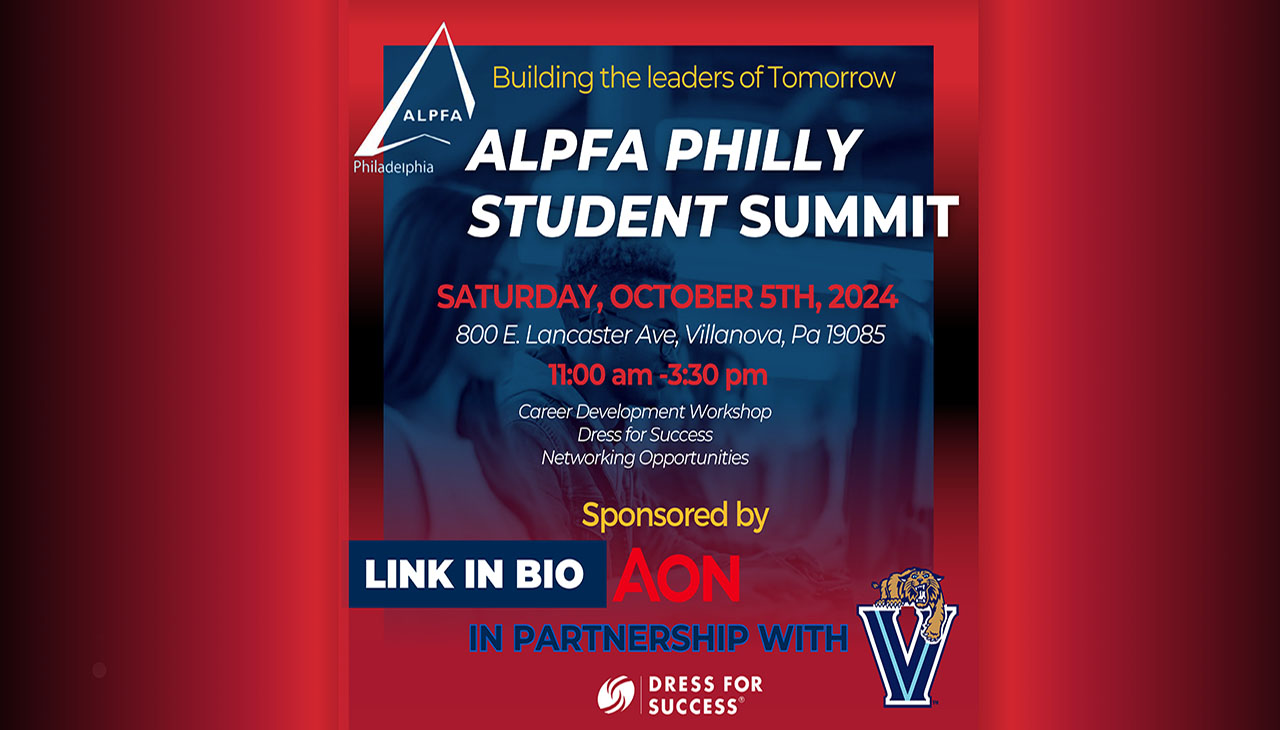
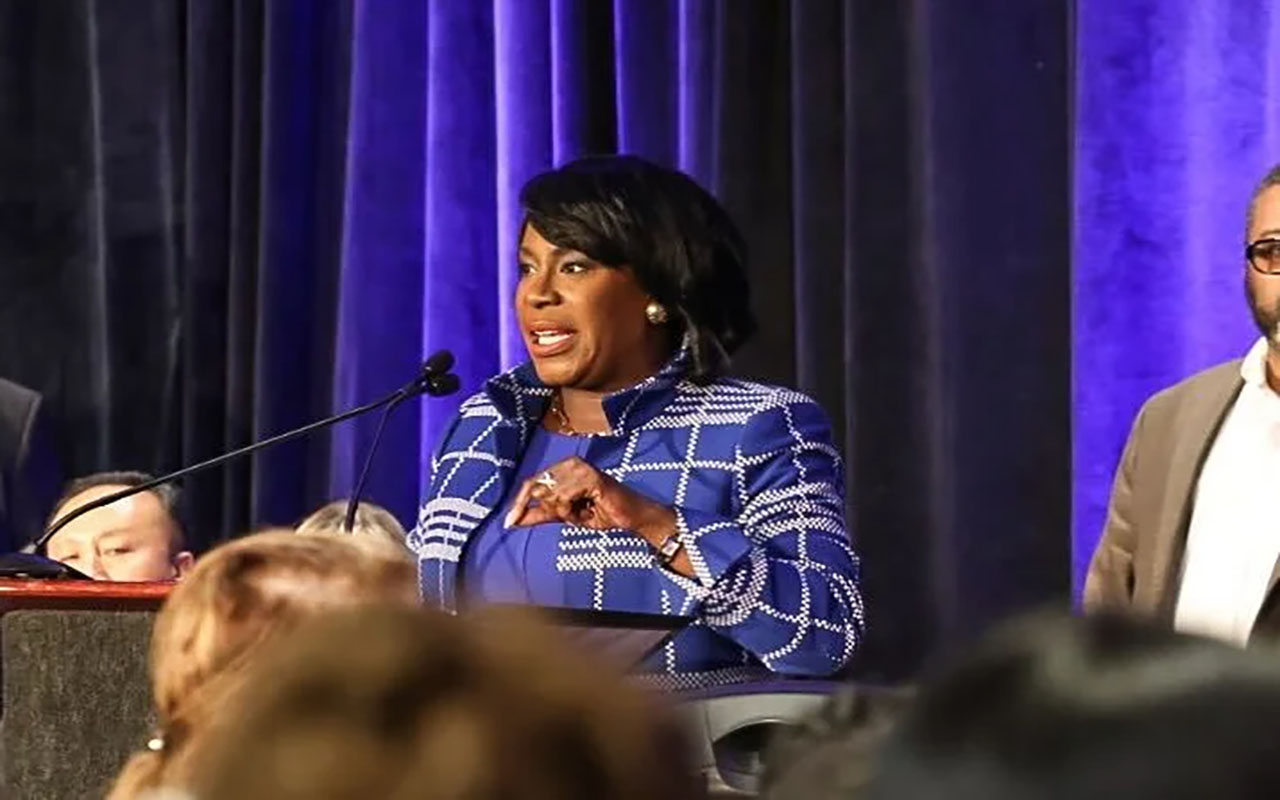
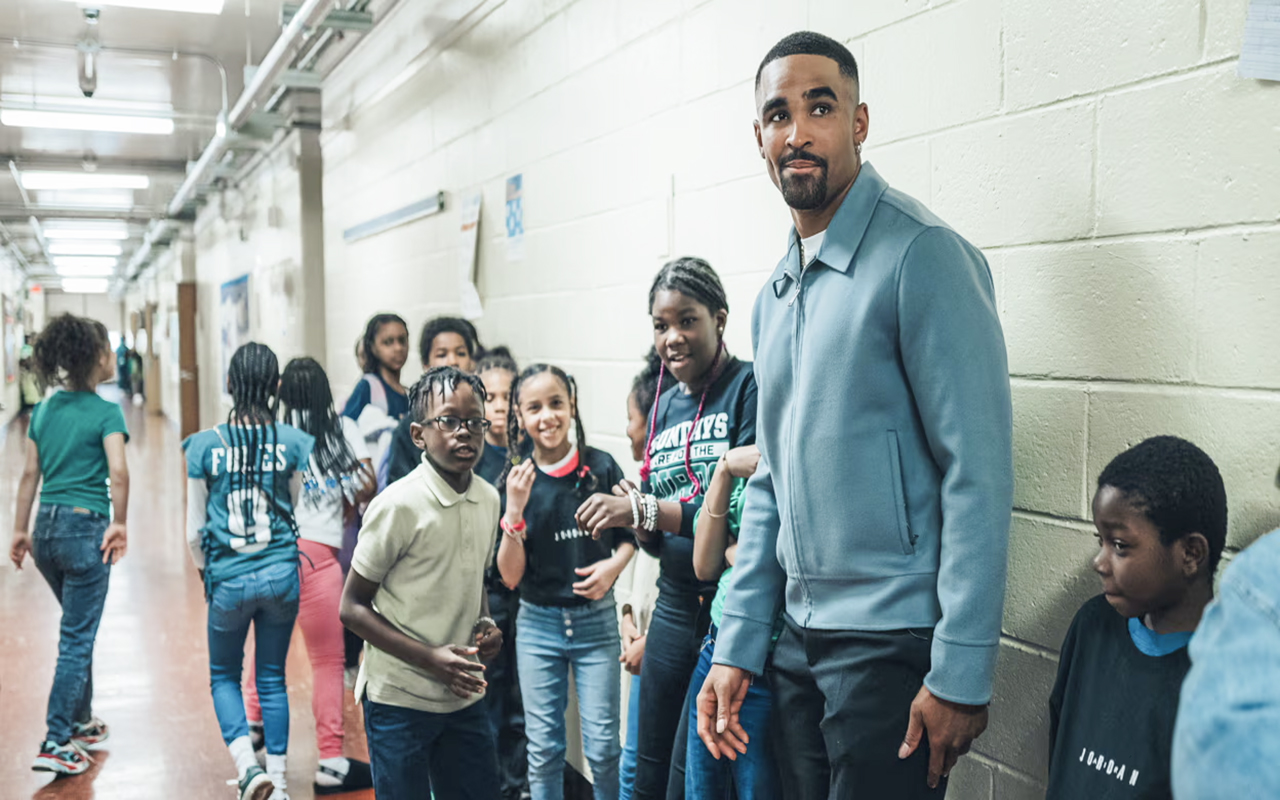
LEAVE A COMMENT:
Join the discussion! Leave a comment.